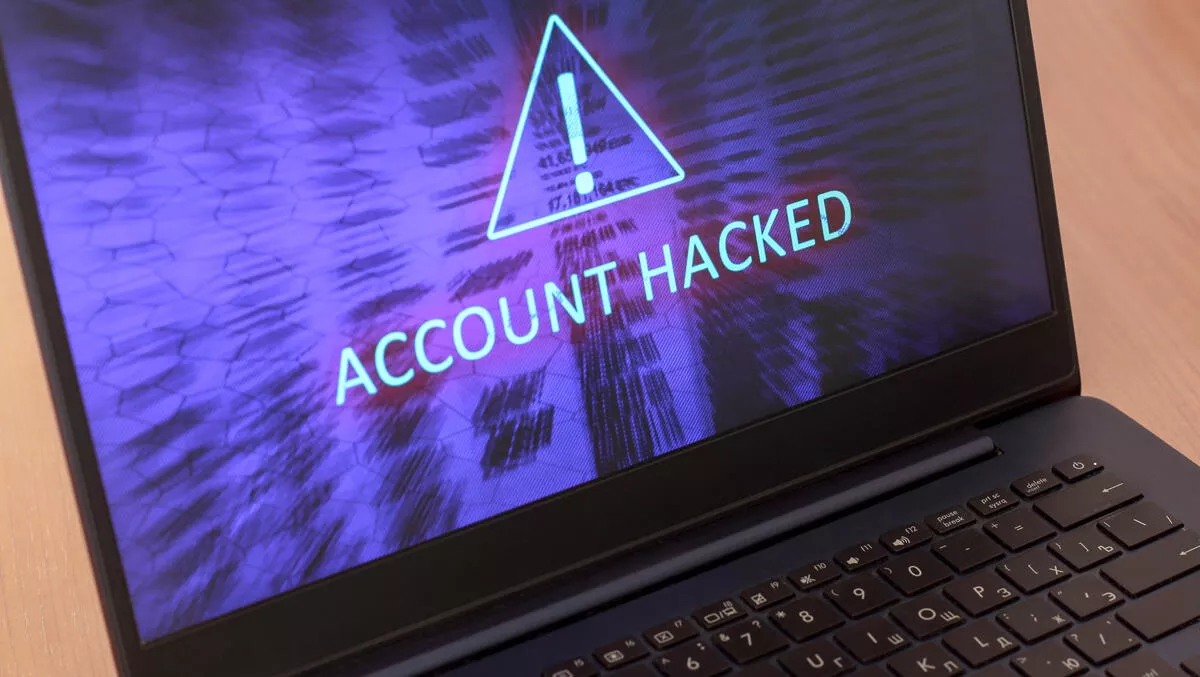
A lack of cyber mindfulness is putting New Zealanders at risk, according to Avast's newly released Cyber Mindfulness Report.
The research has revealed that despite nearly 23% of New Zealanders being more concerned about cybercrime than physical crime, and 25% believing that the internet is more dangerous now than before the COVID-19 pandemic, a lack of cyber mindfulness is leading many to take significant risks to their digital lifestyles.
According to Avast, many New Zealanders are exposing themselves to unnecessary online risks and cyber threats through careless digital practices.
The research revealed some of New Zealanders' most risky behaviours. This includes:
- Not keeping up to date on how to avoid online threats and scams (64%)
- Using fewer than five passwords across online accounts and apps (41%), with those aged 18-34 even more likely to do so (48%)
- Not updating passwords after data breaches (28%), with over half (57%) of Facebook users and two thirds (68%) of LinkedIn users not updating after data breaches this year
- Saving payment details across multiple apps, websites and browsers (50%)
- Connecting a personal phone, tablet or computer to public Wi-Fi without using a VPN (52%)
- Allowing apps or online accounts to track their location (41%)
- Clicking on links in emails or text messages without double checking the source (20%)
Unfortunately, as a result of careless digital decision-making and low online scam awareness, 23% of New Zealanders have fallen victim to a scam, with the top types being phishing and smishing scams (10%), online shopping scams (6%), and investment scams (5%), including fraudulent cryptocurrency investment and business investment opportunities.
These findings come as phishing attacks are on the rise in New Zealand, with more than 73,000 malicious URLs blocked by Avast in July, marking a 27% increase since June.
General malware and ransomware risks are also the highest in 18 months, with Avast Threat Labs data showing that the likelihood of New Zealanders encountering malware and ransomware is currently 28%, up on the pre-pandemic risk ratio of 21% in January 2020.
Avast cybersecurity expert Stephen Kho says, “Ultimately, whilst phishing, malware and ransomware attacks are on the rise, the number one cyber threat for New Zealanders is actually a lack of ‘cyber mindfulness' when going online or using their devices, with many not considering how easily they could become a victim of cybercrime.
"The truth is that the online world is evolving fast and everyone with a digital footprint has something valuable cybercriminals crave - personal data.
Kho continues, “What's most surprising is that almost half (49%) of New Zealanders either don't have digital security or are not sure what digital security they have installed on their frequently used devices, so they may not even have a first line of defence to prevent threats and attacks."
He says, "You can't have an ‘it'll be right' attitude when going online or using your device, it's important to be aware of the risks of your actions or inaction, especially with cyber threats on the rise.
Although New Zealanders have some bad digital habits, the research showed 44% would like to be more mindful of their online behaviour and the data they share.
To aid in a shift to digital mindfulness, Kho offers five tips:
- Be aware of how you are using the internet, including when you are using apps and websites; avoid connecting to public Wi-Fi, and turn off location tracking to protect your privacy.
- Enable Multi-Factor Authentication (MFA) where possible, use complicated passwords that include a mix of symbols, numbers and characters to make it easier to remember, (e.g. B0bLov3sFootb@11), and use a password manager to manage all your passwords.
- Be conscious and thoughtful about the information you are providing online and what you are agreeing to, and avoid saving your payment details on websites, apps or browsers. For example, only give your true date of birth when absolutely necessary.
- Resist the urge to quickly click through to new or unknown websites from emails, social ads or text messages and always double check the source and the URL to make sure it's what it says it is.
- Always stay protected against the latest online threats by keeping your digital security software up-to-date.
